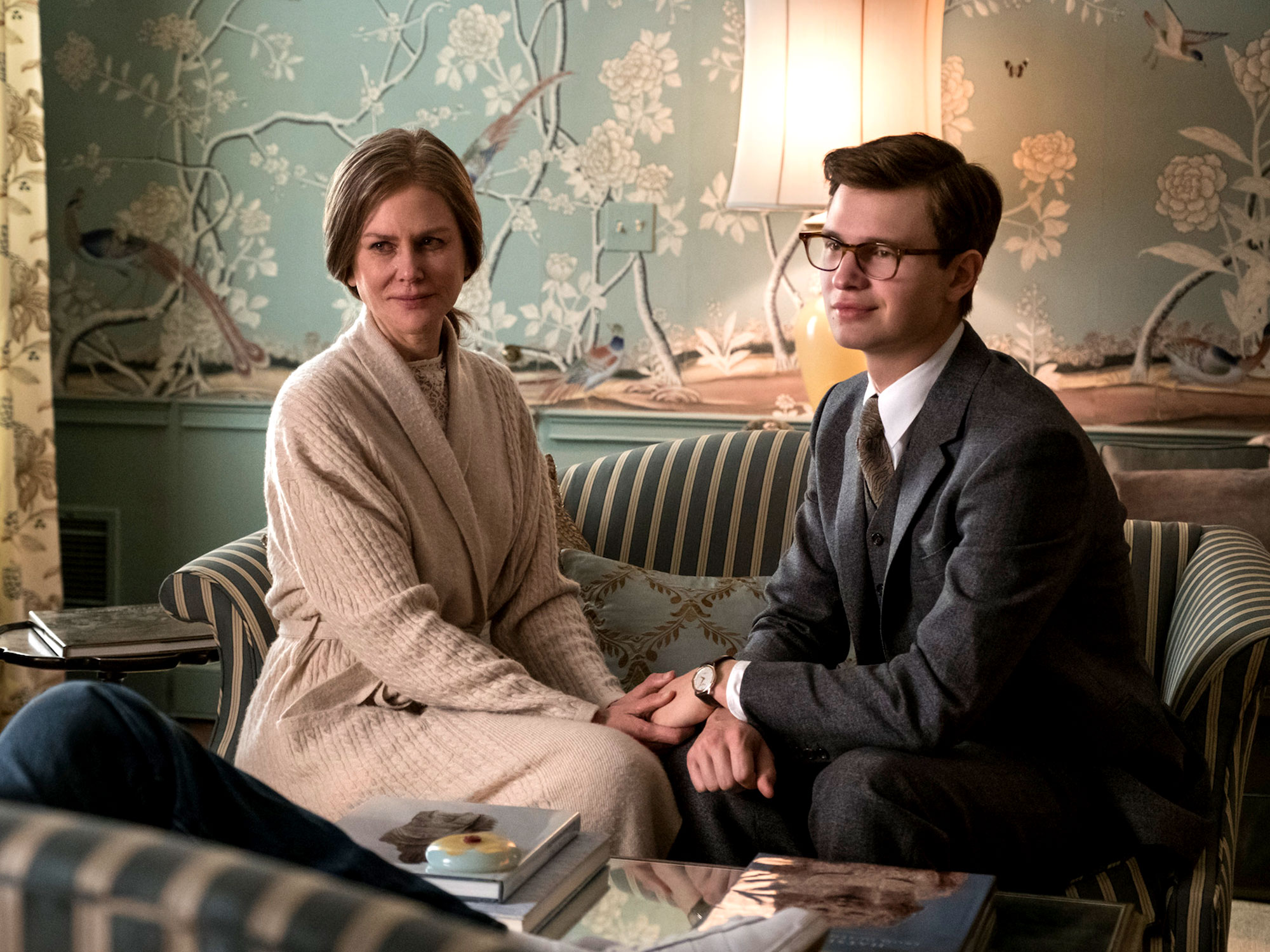
By all accounts, Donna Tartt’s Pulitzer Prize-winning novel ‘The Goldfinch’ is a compelling, delicately-layered study of grief, dislocation and memory. I’ve not read it yet, but it has been recommended to me enough – and by people whose opinions I trust greatly – for me to know that it’s probably worth my time.
As a cinematic viewing experience, however, The Goldfinch is a total non-event. It’s as though someone has snuck into a museum undetected and cracked open an airtight cabinet containing a precious artefact, and all the oxygen in the room has rushed in, instantly and terminally decaying it. The soul has been sucked out of the source text.
How does this happen? Seriously – think of all the money that must have gone into securing the film rights, then hiring a seasoned screenwriter (Peter Straughan, whose CV includes The Snowman but also Tinker Tailor Soldier Spy) and director (John Crowley, whose previous feature was the warmly-received 2015 period drama Brooklyn). Look at the talent both behind (Roger Deakins, DoP) and in front of the camera (Nicole Kidman, Jeffrey Wright)!
Filmmaking is widely perceived as a kind of alchemy; we like to think that great art is willed into existence by a visionary creator, the result of some divine intervention. But the reality is that thousands of logistical as well as creative decisions are made over the course of a film’s production, and the margins between success and failure are often incredibly fine. It never comes down to just one individual, a single miscalculation or simple lapse in judgement. Which makes the collective shortcomings of The Goldfinch all the more remarkable and difficult to fathom.
To be clear, no one is guilt of doing shoddy work here. Ansel Elgort barely makes an impression as cultured sad boy Theodore Decker, whose obsession with Carel Fabritius’ eponymous painting and the pretty young woman he associates with it underlies the film’s narrative framework – but his performance is not objectively bad. Likewise, Kidman and Wright are perfectly fine in their respective roles as taciturn WASP Samantha Barbour and wisened antiques dealer James “Hobie” Hobart, who take it in turns to offer Theodore shelter and guidance. Hell, even Finn Wolfhard putting on a gloopy Russian accent to play a pot-loving Ukrainian émigré isn’t nearly as objectionable as it sounds.
It really is a tricky one to put your finger on, because 149 minutes should be ample time to develop at least one character who’s worth rooting for. The premise of a boy being torn from his mother in unimaginably horrific circumstances – and his subsequently traumatic passage into adulthood – is certainly fertile enough dramatic ground. Yet whatever the merits of Tartt’s 2013 novel, its translation to the screen has seen the characters and story rendered in the flattest, most drably conventional shades imaginable.
Where the tethered bird in Fabritius’ Dutch Golden Age masterpiece radiates life, this shallow, painfully self-conscious tragi-drama is fatally drained of it. It’s cinema as taxidermy: inert, overstuffed, nowhere to go.
The post The Goldfinch appeared first on Little White Lies.
![Forest Essentials [CPV] WW](https://s3-us-west-2.amazonaws.com/pcw-uploads/logos/forest-essentials-promo-codes-coupons.png)
0 comments